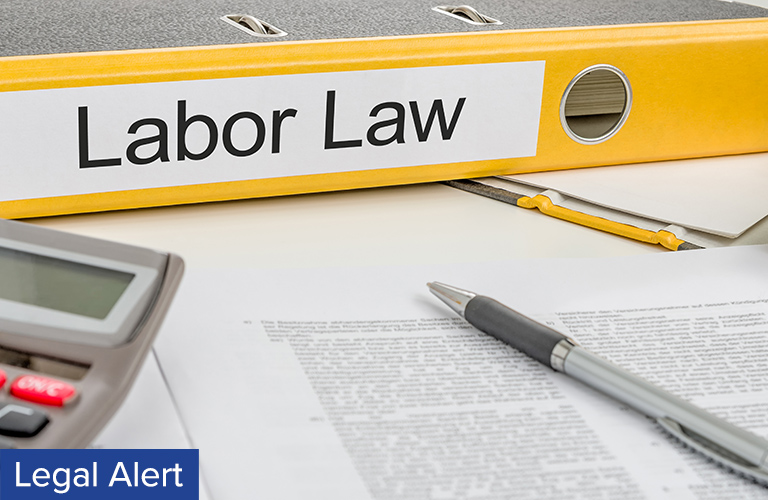
On July 3, 2019, the National Labor Relations Board (“NLRB”) in Johnson Controls, Inc. created a new framework for employers to withdraw union recognition before the expiration of a collective bargaining agreement (“CBA”). If, within 90 days of CBA expiration, an employer receives objective evidence that at least 50 percent of represented employees no longer wish to be represented by the incumbent union, a conclusive presumption arises that the union no longer has majority status, and the employer may give the union notice of the employer’s anticipatory withdrawal of union recognition. The incumbent union then may, within 45 days of… Read more

On June 14, 2019, the National Labor Relations Board (“NLRB”), in UPMC Presbyterian Hospital held by a 2-1 majority that employers need not allow non-employee union representatives access to public areas of the employer’s private property, except in rare circumstances. Specifically, the Board reaffirmed the Supreme Court’s precedent from NLRB v. Babcock & Wilcox, Co., holding that although no restriction could be placed on employees’ right to discuss self-organization, “no such obligation is owed to non-employee organizers.” 351 U.S. 105, 113 (1956). Employers may restrict non-employee access to areas of its property regardless of whether the space is closed or… Read more
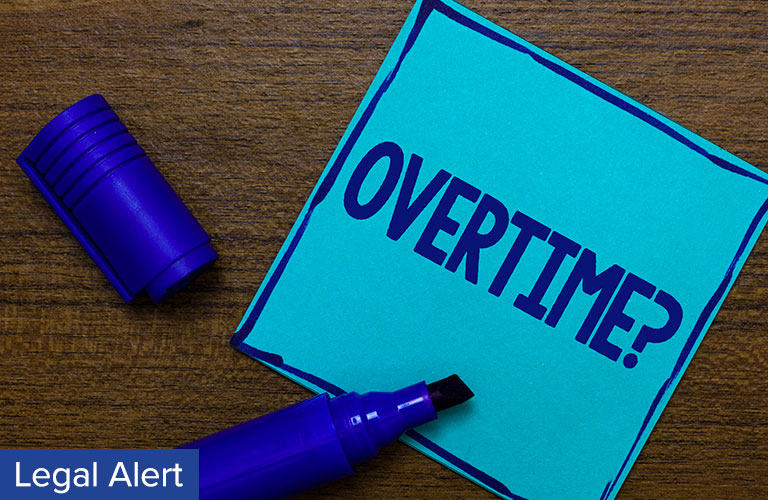
On September 24, 2019, the Department of Labor announced the final rule, to be published tomorrow in the Federal Register, changing the white collar employee exemption salary threshold to the overtime pay requirements of the Fair Labor Standards Act (FLSA). Under the previous regulation, executive, administrative, and professional employees (white collar workers) were considered exempt from overtime pay if the employee satisfies the duty requirements and were paid at least $455 per week ($23,660 annually). Under the new rule, employees who satisfy the duty requirements and are paid at least $684 per week ($35,568 annually), are considered exempt from overtime… Read more

On September 19, 2019, the IRS issued final regulations updating the rules for hardship withdrawals from 401(k) plans. These regulations primarily reflect changes made by the Tax Cuts and Jobs Act and the Bipartisan Budget Act of 2018 and are very similar to the regulations that the IRS proposed late last year. Final Regulations. The final regulations provide, in pertinent part, as follows: Elimination of 6-Month Suspension. Beginning January 1, 2020, plans may no longer impose a 6-month suspension on participants who take hardship withdrawals. In lieu of the 6-month suspension, effective as of January 1, 2020, plans must require… Read more
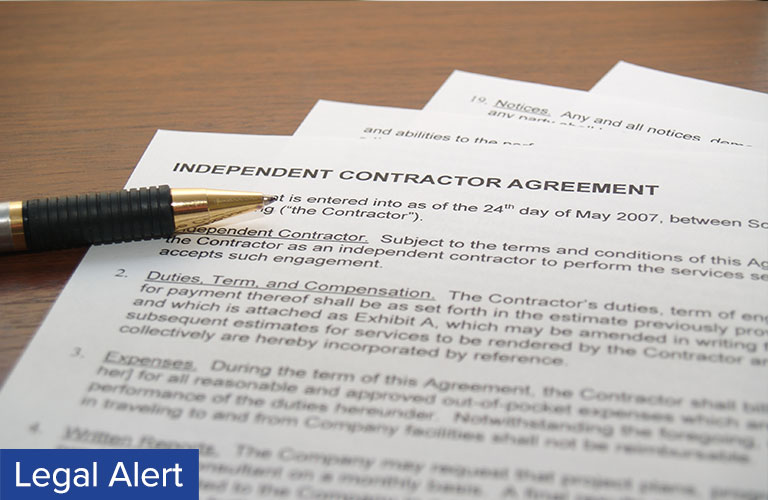
In July we wrote about the California Supreme Court’s landmark decision in Dynamex v. Superior Court, which abandoned a long-followed, multi-factor approach to analyzing independent contractor relationships, and instead imposed a new, 3-factor test (the “ABC test”) which significantly narrowed the range of work relationships which would be deemed true independent contractor relationships, rather than employment relationships. https://www.sgrlaw.com/client-alerts/california-abc-test/. Since then, the California legislature has codified the Dynamex test through Assembly Bill 5, which the Governor is expected to sign, and which will be applicable to work relationships as of January 1, 2020. Unlike Dynamex, which applied only to California’s Wage… Read more
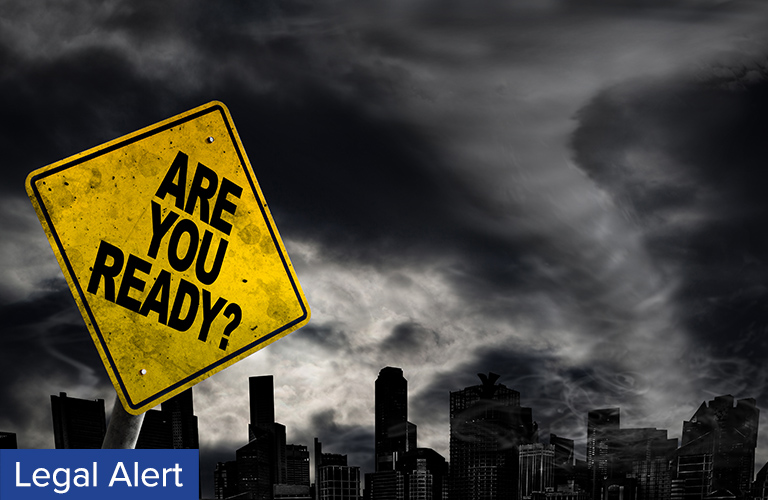
In anticipation of Hurricane Dorian’s landfall, employers should ensure that their emergency policies and procedures adequately address any storm-related issues. The top priority should be the safety of all who may be affected. Employers should stay apprised of storm preparedness information and warnings posted on the websites of both the Federal Emergency Management Agency (FEMA) and the Florida Division of Emergency Management. In the event of business closures during or as a result of the hurricane, or if employees are unable to report to work, employers should make sure employees are paid in compliance with the Fair Labor Standards Act… Read more
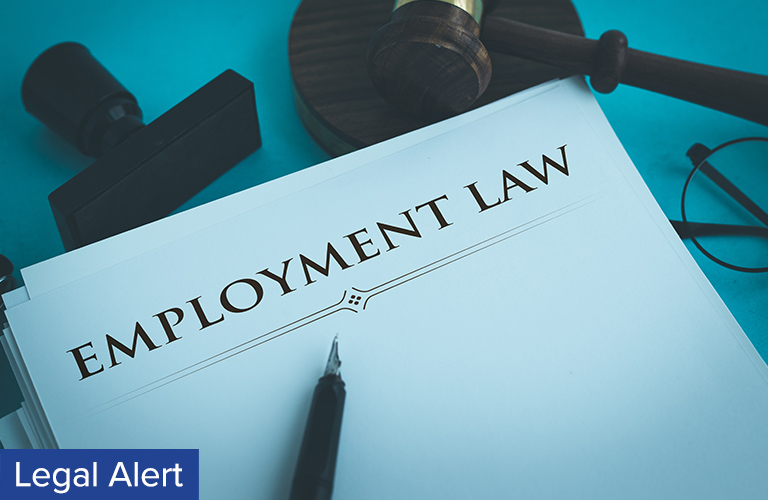
Artificial Intelligence Video Interview Act On August 9, 2019, Illinois’ Governor signed into law the Artificial Intelligence Video Interview Act. This Act allows employers to use artificial intelligence (AI) to assist with the interview and hiring process so long as certain conditions are met, such as the employer gaining the applicant’s consent and explaining to the applicant how the AI will be used. Illinois employers who plan to use AI as an interview aid should ensure the requisite conditions are met before using AI to evaluate interview videos. Public Act 101-0221 Also enacted recently is Public Act 101-0221, that aims… Read more
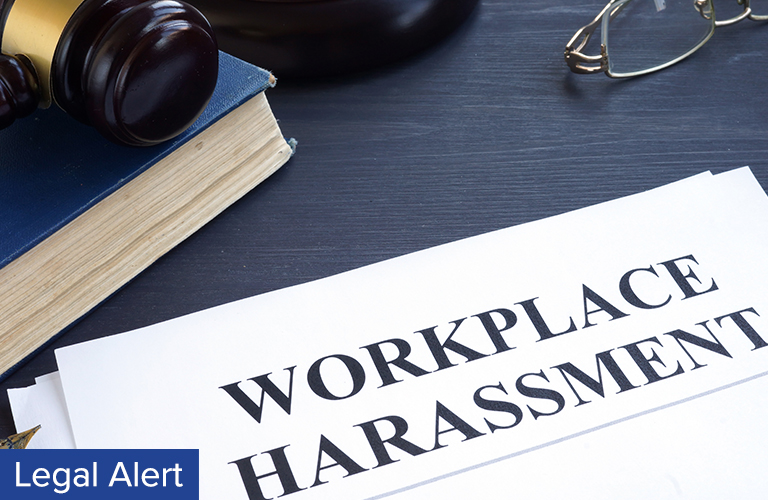
On August 12, 2019, New York Governor Andrew Cuomo signed into law new legislation that provides greater protections for workers in that state, and employers need to act to ensure they comply. In the wake of the #MeToo movement, New York enacted tough new laws against sexual harassment. In previous SGR Client Alerts, we have provided information on New York’s anti-harassment legislation regarding sexual harassment (click here to view), New York’s published guidance on compliance with its sexual harassment laws and mandatory employee training (click here to view), and the state’s model policy on sexual harassment. Now, New York has… Read more

The reasonableness of vendor fees has always been an important consideration for fiduciaries of 401(k) plans. The focus on vendor fees, especially those of investment advisors and recordkeepers, increased dramatically with the Department of Labor’s issuance of the 2012 fee disclosure rules. These rules allowed fiduciaries, for the first time, to understand and be cognizant of all aspects of investment and recordkeeper fees – both those paid directly by the plan and those paid indirectly through revenue sharing and other soft dollar arrangements. In addition, with the transparency of fees came a wave of competition among investment advisors and recordkeepers… Read more
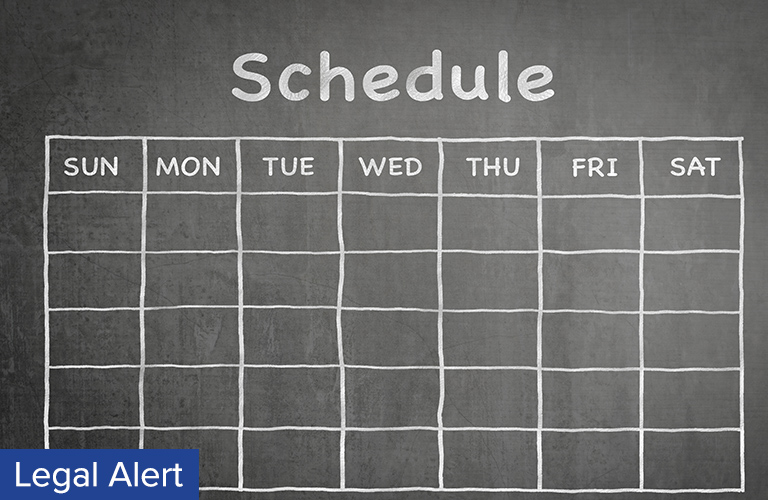
What are predictive scheduling laws? Predictive scheduling laws are laws that require employers to post employees’ work schedules a certain amount of time in advance and penalize employers for last minute changes to schedules. For example, both San Francisco’s and Seattle’s city ordinances require employers to post employee work schedules 14 days in advance. New York City requires that work schedules be posted 72 hours in advance. San Francisco’s ordinance requires employers to pay employees 1 to 4 hours of pay if the employer changes the work schedule less than 7 days before the employee’s scheduled shift. Predictive scheduling laws… Read more











